Whistleblower reveals missed opportunity for enhanced security
According to a report from Fox News, the U.S. Secret Service (USSS) turned down multiple offers from local law enforcement to provide drone coverage for former President Trump’s July 13 campaign rally in Butler, Pennsylvania. This revelation comes from a whistleblower who spoke to Senator Josh Hawley, raising questions about the security measures in place during the event that saw a failed assassination attempt.
Drones: The missing piece in rally security?
The night before the rally, local law enforcement reportedly offered to use Drone Technology to secure the area. However, the Secret Service repeatedly denied these offers.
Sen. Hawley, citing the whistleblower, stated, “This means that the technology was both available to USSS and able to be deployed to secure the site. Secret Service said no.”
Ironically, the would-be assassin, Thomas Matthew Crooks, managed to fly his own drone over the rally site before Trump took the stage. This fact was confirmed by FBI Director Christopher Wray during a congressional hearing.
Post-attack drone deployment
In a surprising turn of events, the whistleblower alleges that after the shooting occurred:
“USSS changed course and asked the local partner to deploy the drone technology to surveil the site in the aftermath of the attack.”
This sudden change in stance has raised eyebrows and prompted further investigation.
Capabilities of offered drones
The drones offered by local law enforcement weren’t just for basic surveillance. According to the whistleblower, these unmanned aerial vehicles had advanced capabilities.
Sen. Hawley noted, “The drones USSS was offered had the capability not only to identify active shooters but also to help neutralize them.”
Expert weighs in on drone rejection
Bill Gage, a retired Secret Service agent and consultant at Safehaven Security Group, provided some context for the USSS decision.
He explained, “USSS would never allow a non-USSS drone.” Gage cited concerns including drone specifications, federal flight rules, and training requirements for operators and spotters.
However, Gage also acknowledged the need for change, stating, “There needs to be a serious rethinking of the protective model that the USSS uses. The model is sound and proven, but how local assets fit in needs to be reassessed.”
Ongoing investigation
Senator Hawley has requested that Homeland Security Secretary Alejandro Mayorkas provide all DHS communications regarding drone coverage for the rally. This is part of a broader congressional investigation into the security failure that allowed an armed man to get within 150 yards of the former president.
DroneXL’s Take
The rejection of local drone support at Trump’s rally highlights a critical gap in security protocols. While the Secret Service’s caution regarding non-agency drones is understandable, this incident underscores the need for better integration of cutting-edge drone technology in high-profile security operations.
As drone capabilities continue to advance, it’s crucial for federal agencies to develop frameworks that allow for the safe and effective use of local drone assets when appropriate. This could potentially enhance security measures and provide valuable aerial intelligence in critical situations.
Moving forward, we hope to see increased collaboration between federal agencies and local law enforcement in leveraging drone and counter technology for public safety.
The incident in Butler serves as a stark reminder of the potential consequences when available security resources are not fully utilized.
Featured image courtesy of Rohan Paul / X
Discover more from DroneXL
Subscribe to get the latest posts sent to your email.
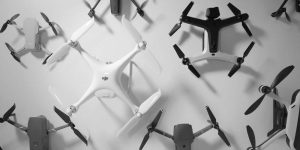
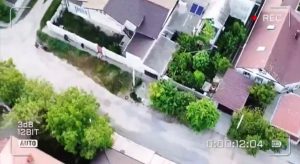
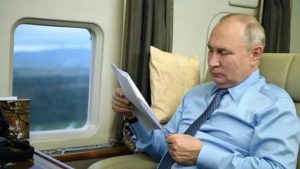
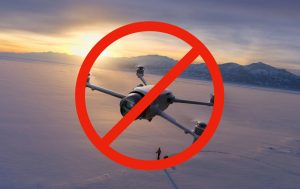
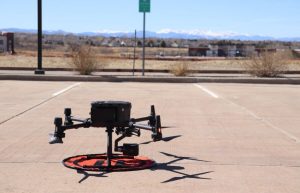

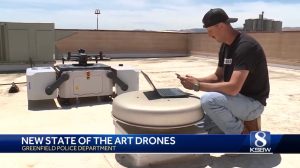
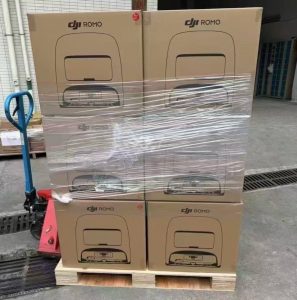
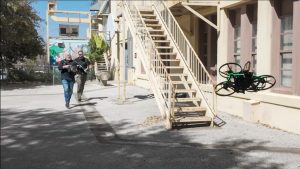
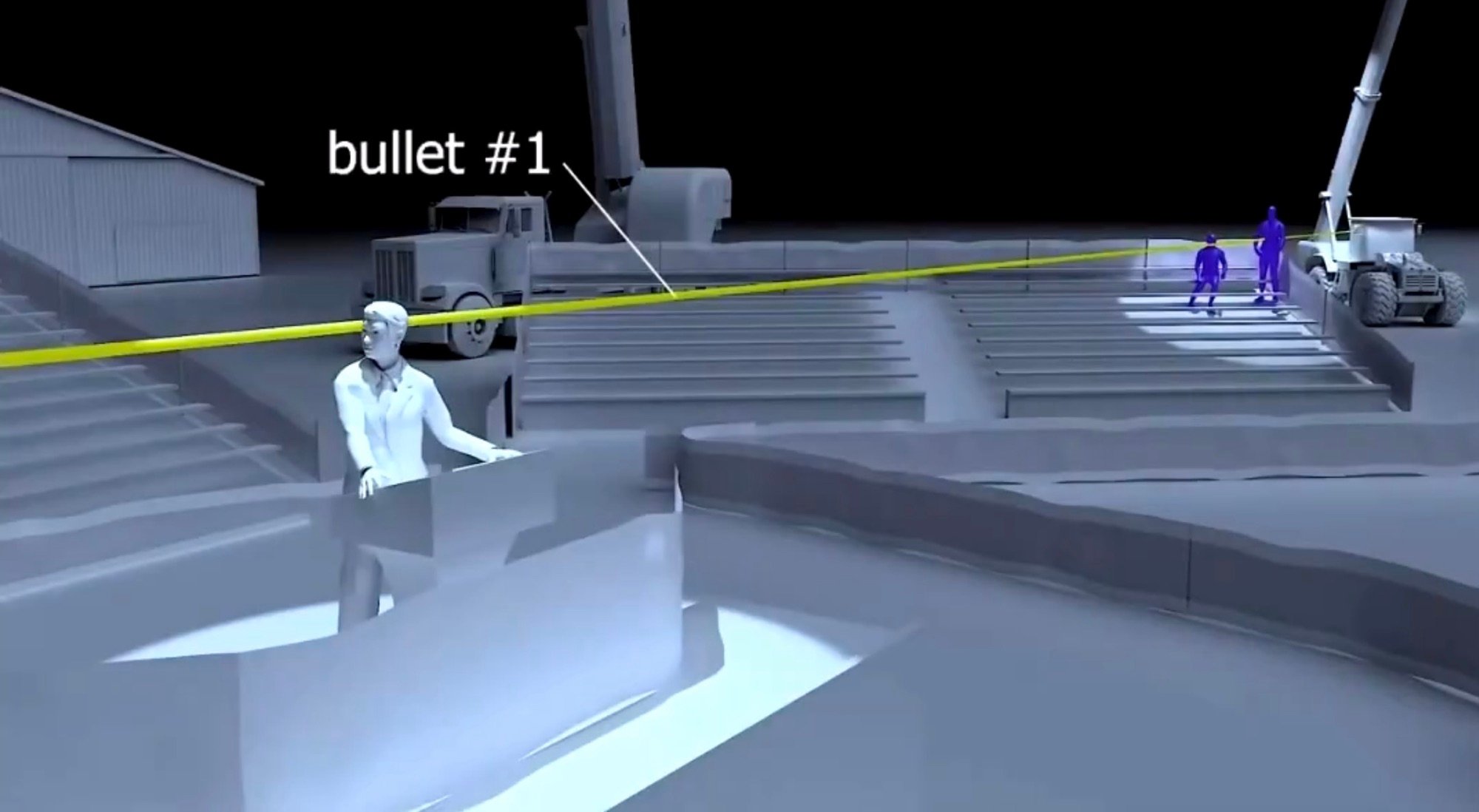
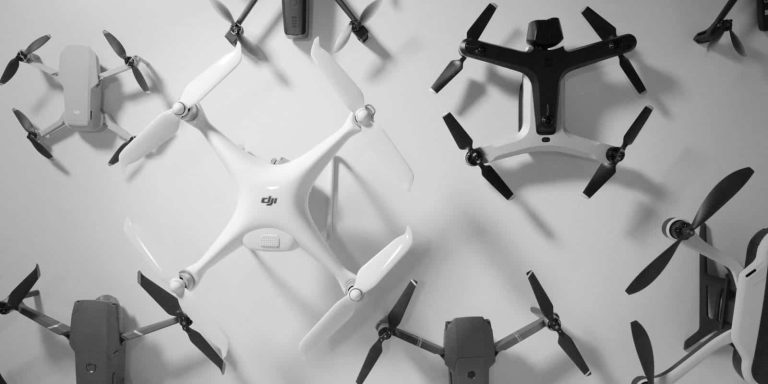

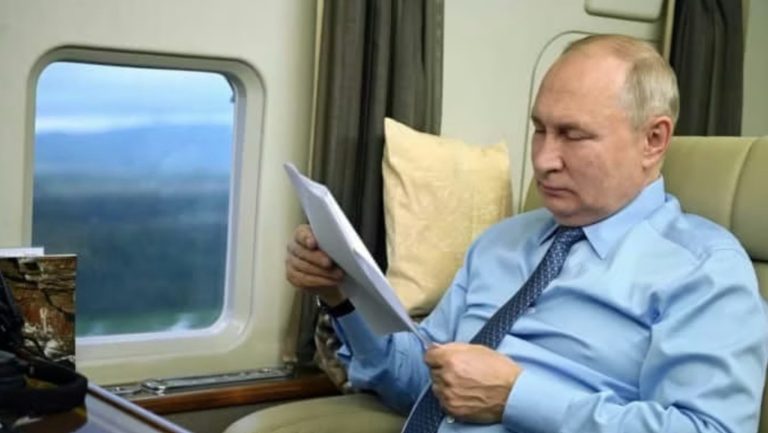
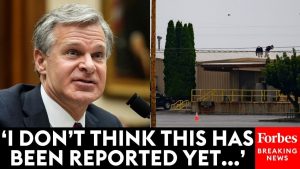
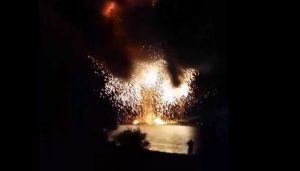
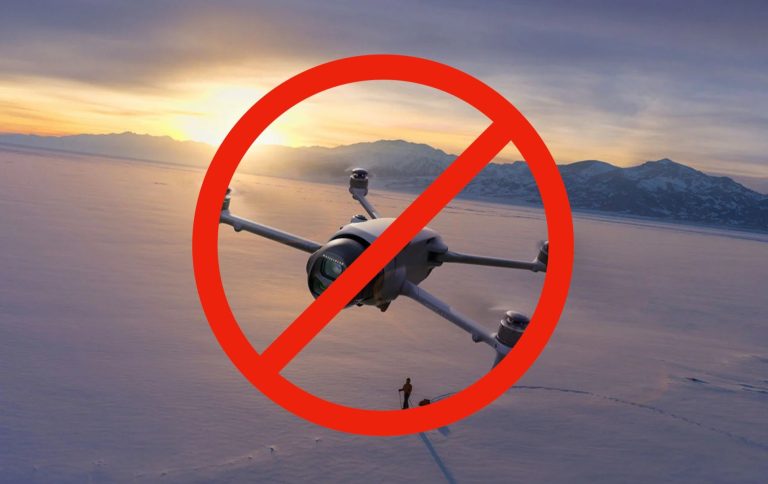
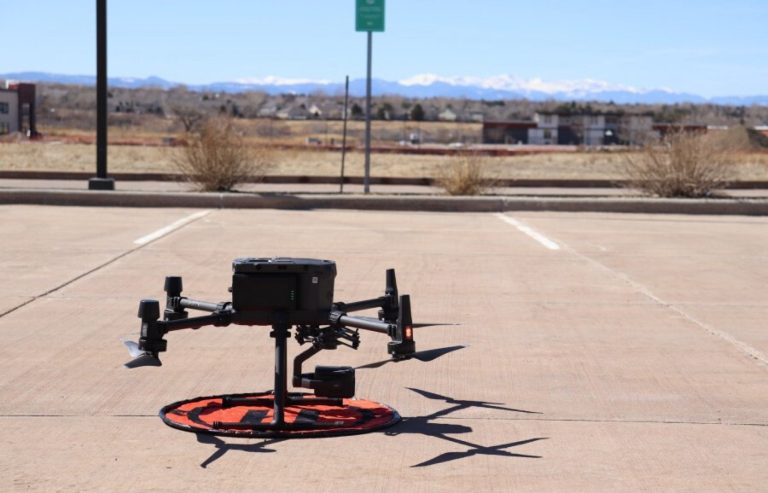
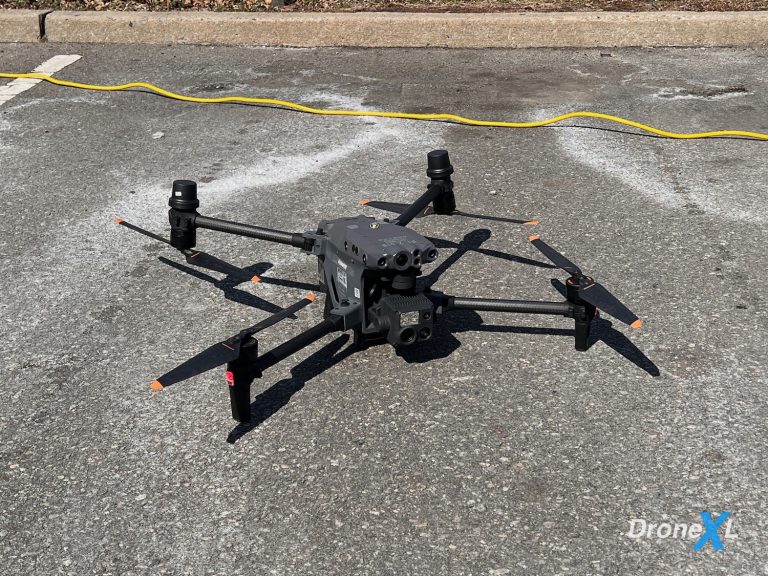
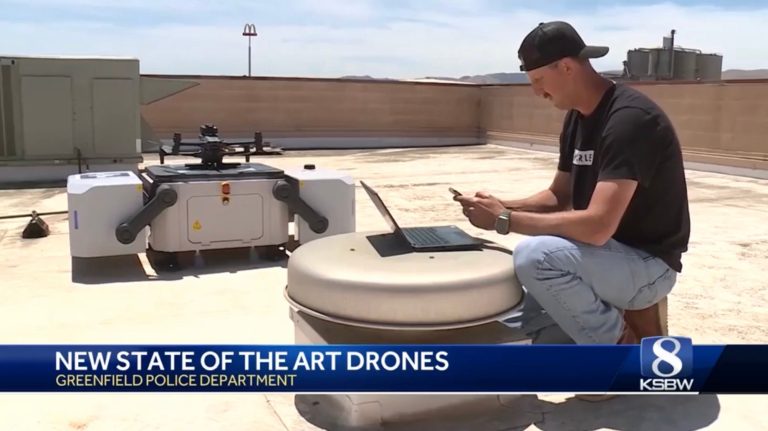
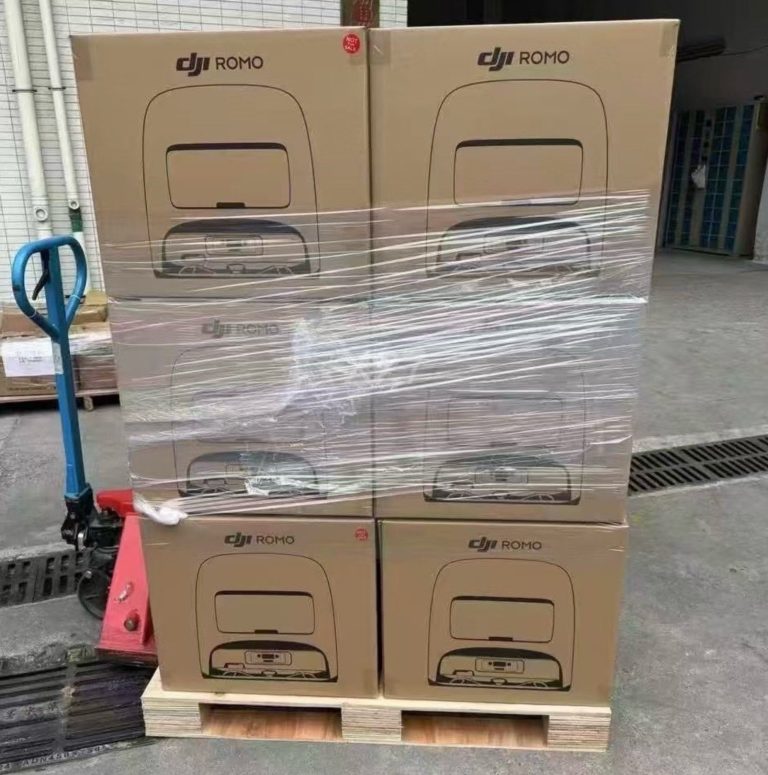
+ There are no comments
Add yours